The door for standing as a candidate in the Lebanese parliamentary elections closed in mid-March, with some 1,043 people in the potential running – up by 77 since the last round in 2018. Unlike last time, the vote, which is run in accordance with the proportional law that adopts closed lists, comes after a period of singularly explosive political turmoil: popular protests in 2019, the destruction of the Port of Beirut in 2020, and near-bankruptcy.
Interior Minister Bassam al-Mawlawi then gave a post-candidates registration press conference in which he reported that the number of would-be MPs aged 25 to 35 was 88, and 22 of them were aged over 75. Women accounted for 15 percent of those who registered.
The Lebanese electorate is about 4m people, split across 15 districts. This time the largest number of candidates were registered in Tripoli, Minieh and Danniyeh in north Lebanon, with 118 each, followed by Chouf-Aley in Mount Lebanon with 100 and Akkar in the far north with 84.
The Christian community was well-represented by applicants, with 233 Maronites competing for the 27 seats earmarked for them in parliament. Some 302 people will contest the 27 Sunni seats and 152 for the 27 Shiite seats. The Unitarian Druze sect also has eight allocated seats, being contested by 55 candidates. The deadline for joining party lists expired on Monday, April 4 and 41 people withdrew from candidacies in the run-up.
The Dynamics Behind the Numbers
The vote will take place on May 15. Muneer Alrabiee, a Lebanese writer and political analyst, told IranWire some were concerned about perceived attempts by Hezbollah to consolidate its Shia support base. “Through these elections, Hezbollah is seeking to establish a new political geography for Lebanon which will enable the Iran-affiliated party to tighten its grip on the Shiite community.”
The Sunni community’s state of dispersion in Lebanon was significant, Alrabiee said, and a sign of frustration with once-formidable political figures and movements. “The Sunnis, when they believed in [Egyptian pan-Arab president Gamal] Abdel Nasser, were defeated, and [Egyptian] President Anwar Sadat was defeated when he sought normalization with Israel, and the Sunnis were defeated on the Palestinian uprising, and then came the Arab Spring and the Iranian project in the region.” All this disappointment, he said, created the “political banality” now dominating the Sunni political scene.
As for Christians, according to Alrabiee, “everyone is united by a nostalgia for the old political Maroniteness” – but with differing ideas on how to get there. President Michel Aoun and his son-in-law, Minister Gibran Bassil, fear any Christian alliance with Hezbollah, which could "strengthen the political position of Christians, at the expense of relinquishing sovereignty.”
Journalist Claims Shiites’ Loyalty to Hezbollah ‘Unconditional’
The Lebanese journalist Faisal Abdel Sater, who is more ideologically aligned to Hezbollah, had a more positive take on the situation. The vacuum created by the resignation of Prime Minister Saad Hariri earlier this year, he said, “created a dispersion in the Sunni community in Lebanon, and sparked the ambition of aspiring Sunni figures who wish to replace him. The Future Movement, Hariri’s political party, is no longer powerful, which may encourage breakthroughs."
The very large number of registrations by potential candidates, he said, were understandable: all eligible citizens have the right to run, and many Lebanese want rid of the current government due to the present economic and political crisis. This desire for change, he said, may well manifest in the polls too.
The comparatively smaller ratio of Shiite candidates, he said, was partly due to the proportional law in Lebanon, which presents voters with a closed list. “When a voter is confronted with Hezbollah’s cohesive lists, which allow them to cast votes in favor of its allies, this may prevent the voter from backing any list so as to confront Hezbollah.
“The reason for Hezbollah’s tight control,” he continued, “is the fact that Hezbollah is seen as a party that has made multiple sacrifices to protect Lebanon from the dangers facing it. Every Shiite household has a martyr or a [war-]wounded member, which has made the Shiite community’s loyalty to Hezbollah unconditional.”
visit the accountability section
In this section of Iran Wire, you can contact the officials and launch your campaign for various problems




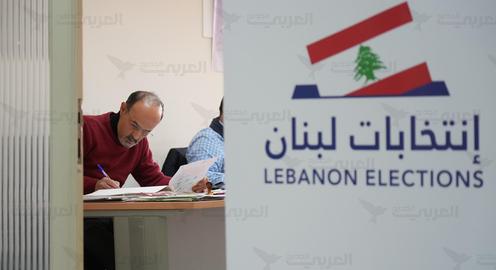

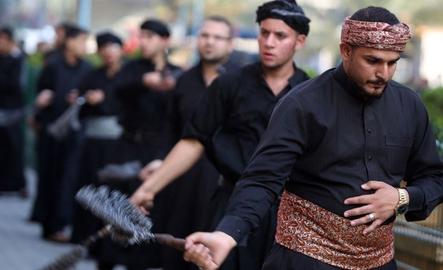
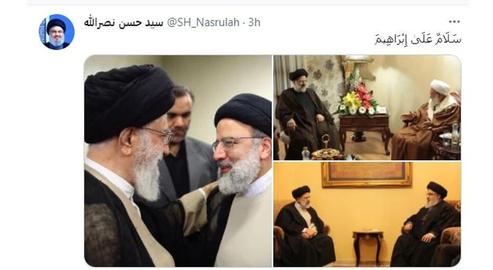

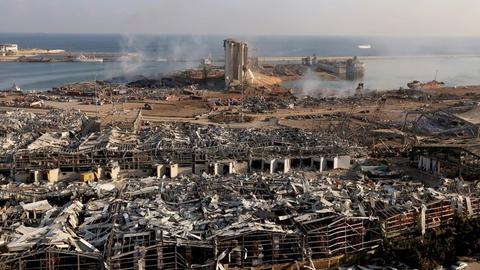
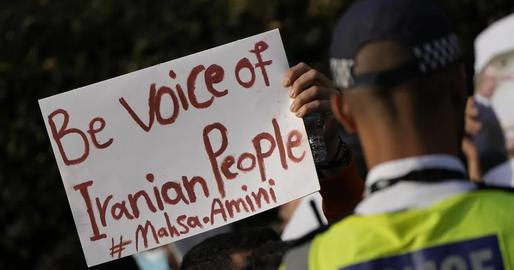
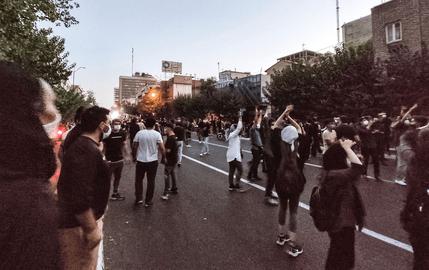
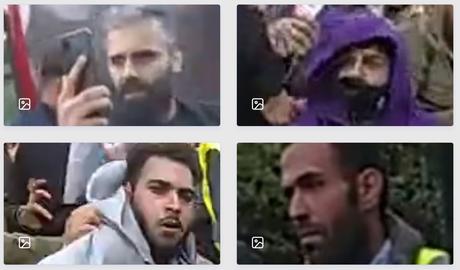

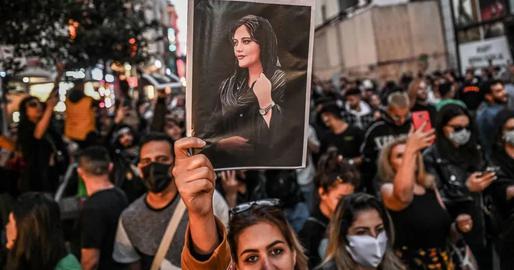
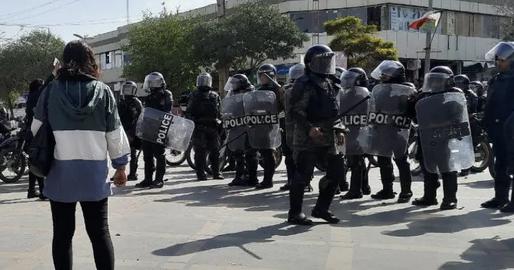
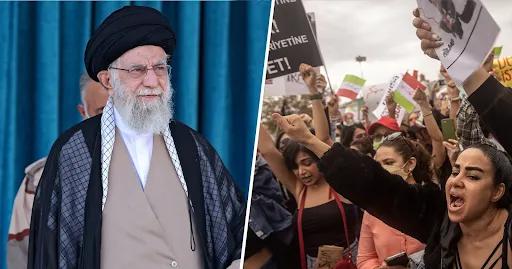
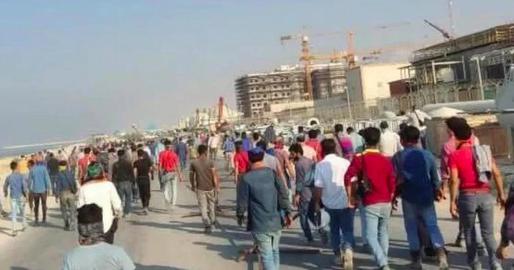
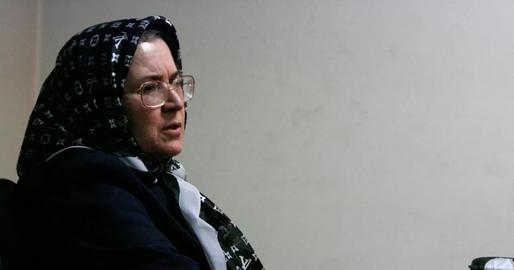
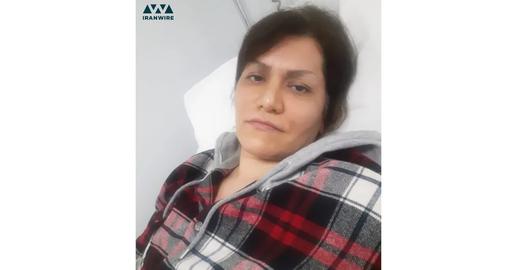
comments